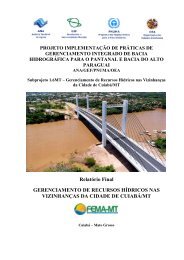Rt€@lll
Rt€@lll
Rt€@lll
Create successful ePaper yourself
Turn your PDF publications into a flip-book with our unique Google optimized e-Paper software.
-t6<br />
small islands the carvers come mainly from the Jiafau clan within them and although many<br />
chanqes have mcurred in Fiji the best carvers are still produced to this day from the Jiafau<br />
glel. Such examples can be found all over the Pacifie. Changes and development in the<br />
Pacific have not phased out these skills and in some cases they have remained very strong.<br />
These are the strengths in Pacific communities that we ought to be aware of if we are<br />
to utilize the potentials and undersband the constraints in a socio-cultural context, es such<br />
Patterns can have a major bearing on Paeific Islander developmenL. The dynamics of the<br />
social systems such as the aiqa, the matai, the mataqali and the unimane !o name a few, and<br />
the occupational continuities in some of the arts and crafts that have continued for the past<br />
f0 to 500 years are porentials that could be fully utilized for the development of the<br />
Pacific people.<br />
Possible Guidelines<br />
The recognition and ulilization of people potential in the Pacific brings me to discuss<br />
two main themes. One theme concerns the rnatural' development of Pacific lilander potential<br />
and the other theme deals with defining bodies of laws and administrative regulations<br />
especially for the people to open up the opportunities and the responsibilities for pacific<br />
islanders in all aspects of their own development.<br />
There is no question about the importance of the role that Pacific Islanders and their<br />
.<br />
institutions play in the development of their own countries. The important guestion appeans<br />
to be rrwhat kind of Pacific Islander are we trying to develop ?"<br />
The theme of "nalural" development for Pacific Islanders involves in the first instance<br />
giving the people the opportunity to define their own needs and wants for themselves, their<br />
families and their environment. The "natural" developrnent concept will allow the people Lo<br />
satisfy tlreir needs based m cultural patterns and needs that are attainable and satisfying so<br />
that they are not made to cope with development processes ihat are far beyond theii stills,<br />
eapabilities and environment. Tle t'ngtural'r devetopment process enables Pacifie Islanders to<br />
identify their own problems and participale fully in the development of their own programmes<br />
to npet their needs.<br />
The other theme of the development process is to define the peoples' role through<br />
directions, regulations, and legislation, in order to utilize fully thelr poten[ial and the<br />
potential of their traditional institutions. Specif ieally def ining their role and their<br />
participation and involvernent in development programmes could briig about greaLer equality<br />
and betLer aceess to education, training and employment. However, thls in effect would result<br />
in Pacific Islanders not defining for themselves their own reeds and development in a fluid<br />
and innovative way where their own development goals and strategies could be adjusted to<br />
their changing circumsLanceg. Pacific Islander development would be institutionalized in<br />
bodies of laws and administrative directions and this could perhaps have negative effects on<br />
the utilization and the development of people poiential in the pacific.<br />
REFERENCES<br />
crccombe, R. G. (mss.) culture and development in the south pacific.<br />
Fairbairn, I. (mss.) Pryulation (unpublished paper, f9g2).<br />
Kiribati National Development plan l9j9-tgAZ, p. 45.<br />
Lasaqa, l. 197t. Geography and geographers in the changing Pacific: an islanderrs view. In l,l<br />
Brookfield [ed.] The Pacific in Transition. Edward nmota. p.3o6-3o7,<br />
Marajr I 1977. Human resounces development and regional co-cperation. University of the<br />
South Pacific, Suva, Fiji. p. 3


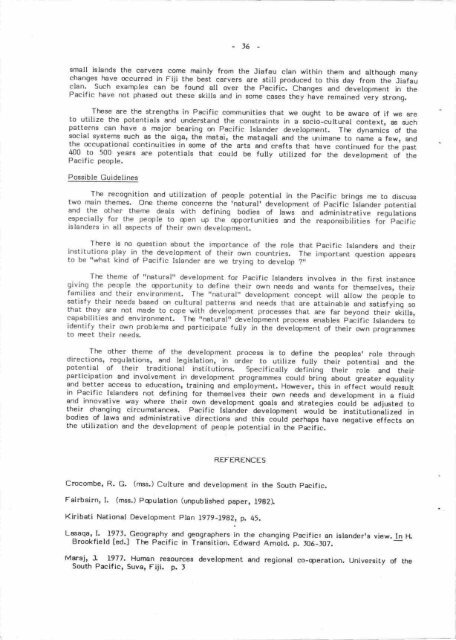
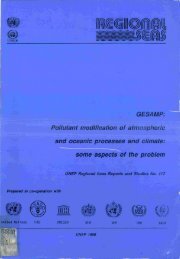
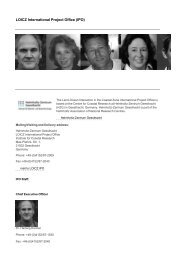
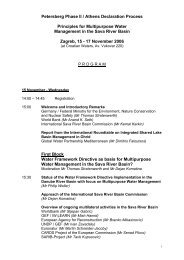
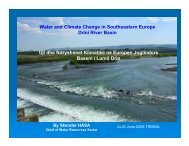
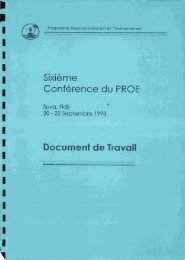
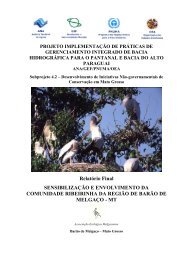
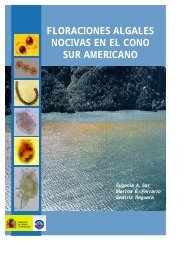
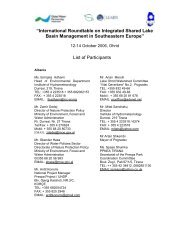
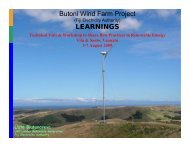
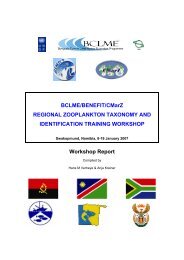
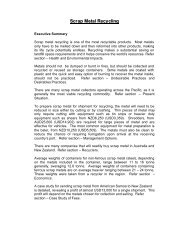
![R]€@lll](https://img.yumpu.com/7594335/1/175x260/reurlll.jpg?quality=85)
